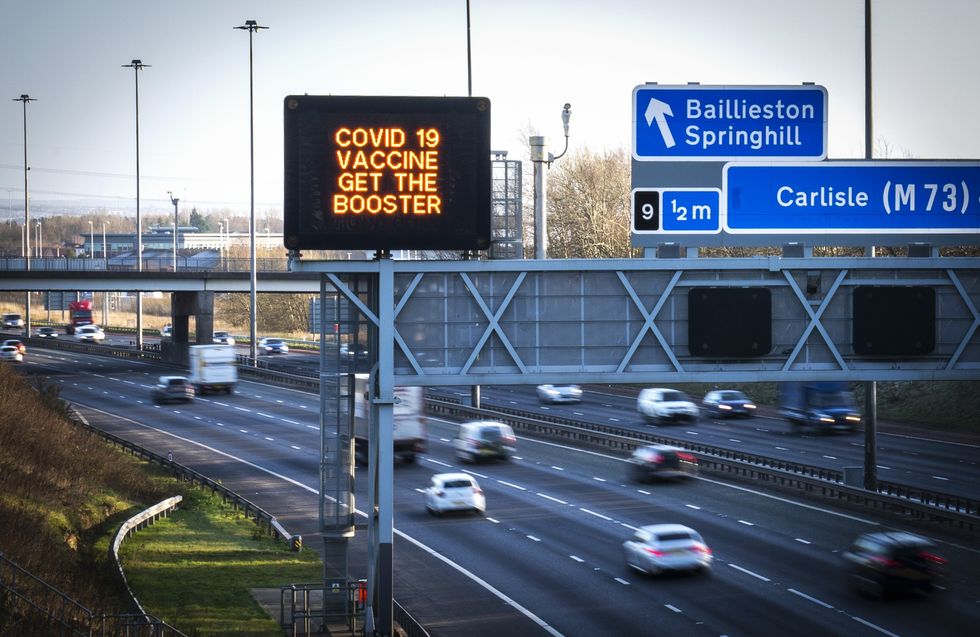Covid scientists issue warning new variant could cause global 'heart failure pandemic'

It comes as there has been surge in the number of flu and Covid admissions to hospitals in England.
Don't Miss
Most Read
Latest
Scientists have warned a new strain of Covid could cause potential heart issues.
Research into the the new strain known as JN.1, could cause "global healthcare risk" related to COVID-19, stating that it could start a "heart failure pandemic."
Health experts have warned that there is an increase in the chances of potential heart issues for those who catch the disease.
Due to the influx of a new strain JN.1, there has been a spike in Covid cases in several countries, including the US, UK, China, and India in recent weeks

Covid scientists issue warning new variant could cause global 'heart failure pandemic'
|Getty
Japan's top research institute Riken has now issued a warning in the new report, which states that the ACE2 receptors, which the coronavirus clings to within human cells, are 'very common' in the heart.
This means many people who catch the virus may suffer from 'reduced cardiac function'.
Health officials are warning that combined with a rising number of flu cases, this winter may see a significant increase in illness cases.
This comes ahead of crowded social events for New Year’s celebrations.
LATEST DEVELOPMENTS

Crowds are set to travel for New Year's Eve
|PA
The report states: "Even though conclusive clinical evidence that persistent SARS-CoV-2 infection is associated with declined cardiac function has not been reported so far, the proof-of-concept study of the possibility of SARS-CoV-2 persistent infection of the heart and the potential risk of opportunistic progression of heart failure should be validated by a three-dimensional human cardiac tissue model which would serve as the alarm bell for a global healthcare risk."
It comes as NHS leaders said there has been surge in the number of flu and Covid admissions to hospitals in England.
They added that this is causing a "storm of pressure" facing the health service.
Figures released earlier today showed that in Christmas week, there were on average 3,631 patients with Covid in hospital, up 57 per cent from the same week in November.
A Department of Health and Social Care spokesperson said: “We are making better progress than last winter in cutting ambulance response times, increasing bed capacity and the number of NHS 111 calls being answered.
"There were also more hospital beds made available than this time last year and 894 of those beds were occupied by flu patients compared to 3,479 for the same week last year.
"NHS managers, medical directors and clinicians across England have had to divert their attention from winter preparations to focus on dealing with the impact of industrial action.
"We urge unions to call off strikes next week so we can find a fair and reasonable solution, so we can all get back to focusing on patients and their care."











